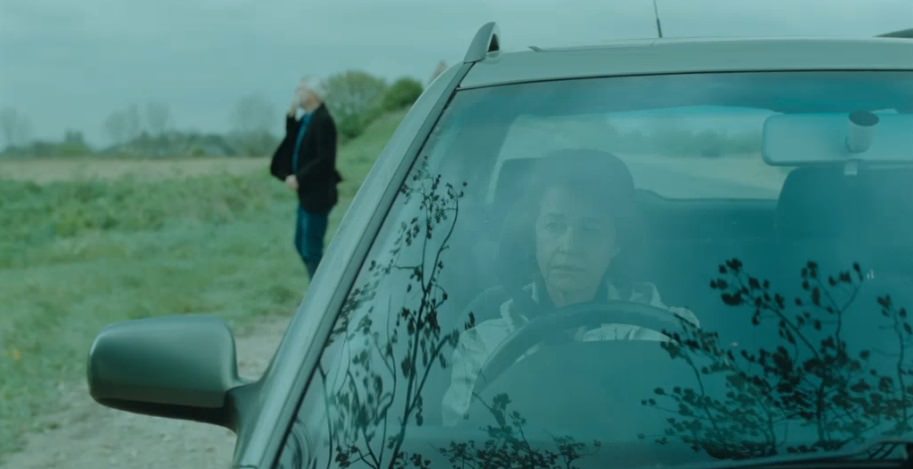

  |
| Photo © 2015 Sundance Selects / The Bureau / Creative England |
| Academy Award Nominations: | |
| Best Actress: Charlotte Rampling | |
| Other Awards: | |
| Berlin Film Festival: Best Actress (Rampling); Best Actor (Courtenay) | |
| National Society of Film Critics: Best Actress (Rampling) | |
| Los Angeles Film Critics Association: Best Actress (Rampling) | |
| Boston Society of Film Critics: Best Actress (Rampling) | |
| European Film Awards: Best Actress (Rampling) | |
| Permalink | Home | 2015 | ABC |